The Secret Weapon to Leading Volunteers
Photo by Melissa Askew on Unsplash
Getting volunteers to do things for you can be tough. You would think it would be easy. They literally volunteered to do this. They should just jump right in and thank you for the opportunity, right? Unfortunately, leading people is not that simple. They have their own commitments of family, work, and life. Yes, they did agree to help you, but they will naturally only help you on their terms. Volunteers are just that, volunteers. They can leave whenever they want.
So, what is a pastor, leader, coordinator, director, supposed to do? There are things that need to be done, and you can’t do all of them. You can’t be in two places at once. (One time I tried three, it didn’t work out.)
It all comes down to one simple idea, relationship change.
My first pastor taught me this concept, and it’s been invaluable ever since. In every interaction, you’re either building trust, loyalty, and respect or you’re spending it. This is the change I’m talking about. As you talk with people their trust becomes like change in your pocket for you to use later. Then, when you’re ready to ask them to do something for you, you’re spending that change. Ask them to do enough things without replenishing, and you’ll go bankrupt. The relationship will be broken, maybe forever.
So how do you build relationship change?
1. Treat your people like people
I’m a very task-oriented person, so it’s easy for me to reduce people to cogs in the machine. I need someone in a certain place at a certain time, so I do what I need to do to get them there? In my younger years I was a like a steamroller. I didn’t ask or care what was going on with them, I just needed them to get the task done.
Now that I’m older and wiser, I’ve learned the error in my ways. If I’m not careful, I can slip back into old habits, but every day is a journey to improvement.
So practically, what does this look like? At the time of this writing, we’re a few days out from Easter, and the need for volunteers is high. After all, we want the best Easter service possible. So, you put out your request to serve and a bunch of people decline for various reasons. You go into a panic because now you have all these holes on the highest attended Sunday all year.
To solve this problem, you send out a signal flare. An SOS. You hit the panic button. You reach out through the group chat letting all of your volunteers know about all the positions that need to be filled, emphasizing the fact that if they don’t step up today, Sunday will be a disaster.
I’ll admit there are sometimes when you need to do this. One Saturday night, I started throwing up around 8pm and knew there was no way I could go to church. So, I sent out the call for help and thankfully, my volunteers stepped up.
But if you create an emergency every time there’s a vacancy, either by waiting until the last minute to find subs or not scheduling people properly, you’ll run out of goodwill. You see, every time you have an emergency real or imagined, you’re using some of that relationship change you’ve built up.
After the emergency is over, you need to rebuild your savings. Call your volunteers that stepped up and thank them. Write thank you cards. Celebrate them publicly at your next pre-service meeting. Buy them a cup of coffee and catch up. Your volunteers are people. Treat them that way.
One thing that helps me build relationship change is every time they miss serving, planned or otherwise, I reach out to them. I ask about their time away and pray for or celebrate with them, whatever the situation requires. When I see a volunteer going above and beyond, I make a point to thank them for what they did specifically. When tragedy strikes, I follow up with them for days and weeks and offer help and support as needed.
Ministry and leadership are about people, never forget that. So, treat your people with love and care, they’ll serve with you for a good, long time.
2. Cast vision
Part of the job of the leader is to set the direction of the team. You can’t delegate this to someone else, and if you do, you’ll find them becoming the leader before long. So, every time you communicate with your team, you need to remind your volunteers what they’re doing and why they’re doing it.
It’s your job to pop your head up, look around and figure out if the team is headed in the right direction and get everyone back on track. Proverbs 29:18a KJV says
Where there is no vision, the people perish:
The way I like to think about it is if you don’t give people a vision, they’ll all go the way they think is best and chaos will ensue. As Jesus said in Mark 3:25
If a house is divided against itself, that house cannot stand.
So, figure out where you want to go and then tell your people about it. If you’re not the senior leader, then you need to check with their vision before you move forward. Your vision needs to be aligned. You read more about how to do that here.
By casting vision, you’re helping people realize they’re part of something bigger than themselves. They’re making a difference. They have the opportunity to impact the lives of others just by serving with in your ministry.
Every time you cast vision, you’ll build more relationship change because your people will know what they’re doing and why they’re doing it. But just casting vision isn’t enough, which brings me to my last point.
3. Celebrate wins
In a perfect world, every time you do something for someone, they’ll look you in the eye and thank you from the bottom of their heart for the impact you’ve made in their lives. But we don’t live in a perfect world, so that will rarely happen, even less if you serve in kidmin. Those kids love and appreciate you, but neither of you will know the impact that’s been made until years later.
So to build relationship change with those you lead, you need to look for the ways your team is being successful. Did you have more people this week than last? Were there salvations? Baptisms? Did someone do something that showed they really got it? Did the altar call have a huge response and people’s lives were changed?
You, as the leader, need to become the keeper of the wins. But don’t just keep them to yourself, tell your people what happened. Tell them in your meetings, on social, in your emails, when you see them face to face, shout it from the rooftops.
But sometimes finding those wins can be difficult especially if you haven’t been intentional in looking for them. But you’ll never find what you’re not looking for. Every week, look for something that aligns with your mission/vision/values that you can celebrate. When I first started doing this, I wrote an email every week called the Friday Win. I sent it to my volunteers with a short story of how we were successful that week. Some weeks were definitely harder than others, but over time it became easier. Eventually, my team started bringing wins to me, so I didn’t have to do all the work.
Every time you celebrate a win, you’re building your relationship change. Then, when things do go wrong, you need help to fill holes, or you need people to stay later, they’ll be far more likely to say yes.
Building relationships doesn’t have to be hard, but with intentionality you can build up a lot of trust, loyalty, and respect. Then when an emergency arises, you’ll have more than enough goodwill built up to get through it. Just remember to treat people like people, cast vision and celebrate your wins.

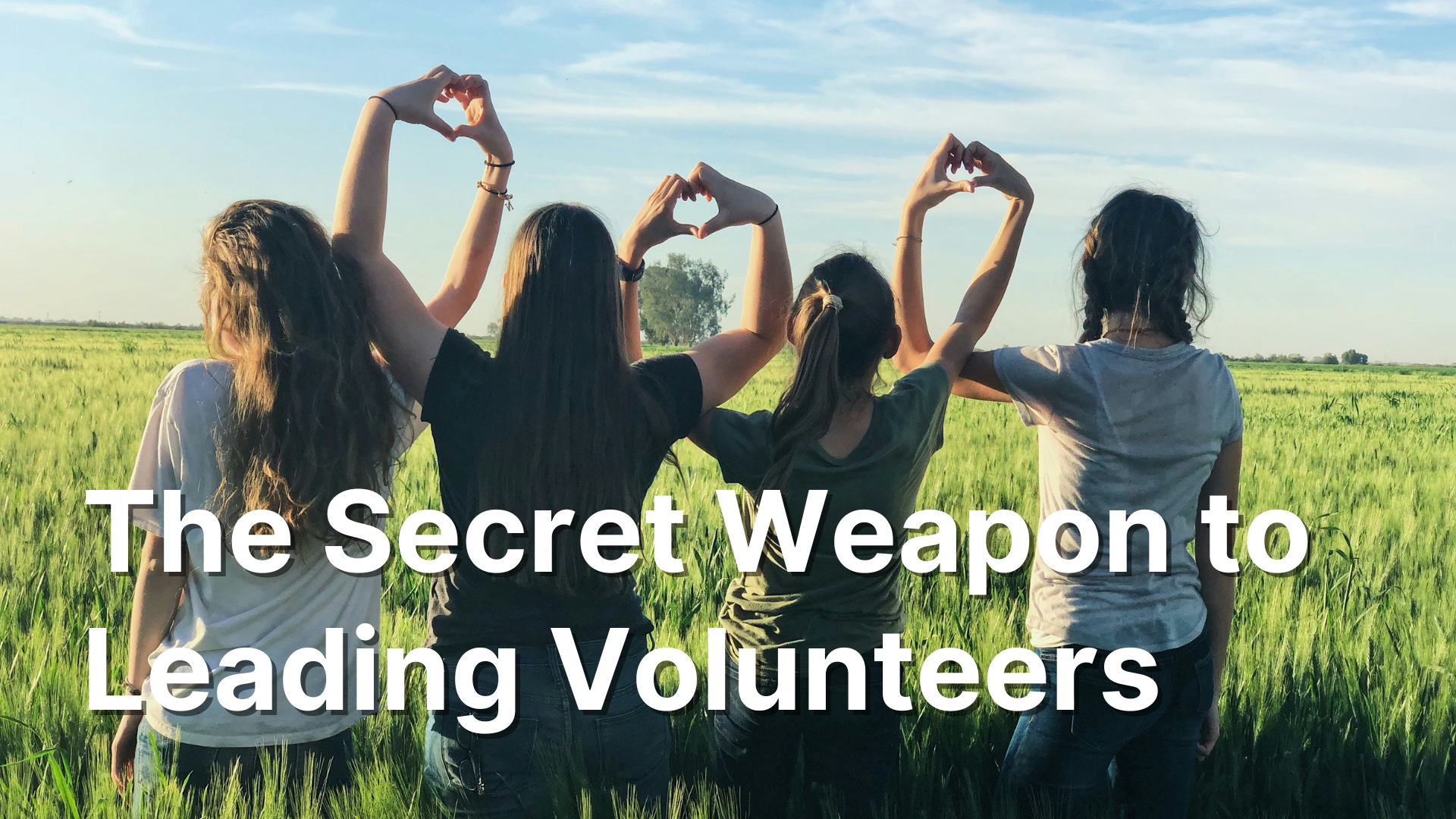
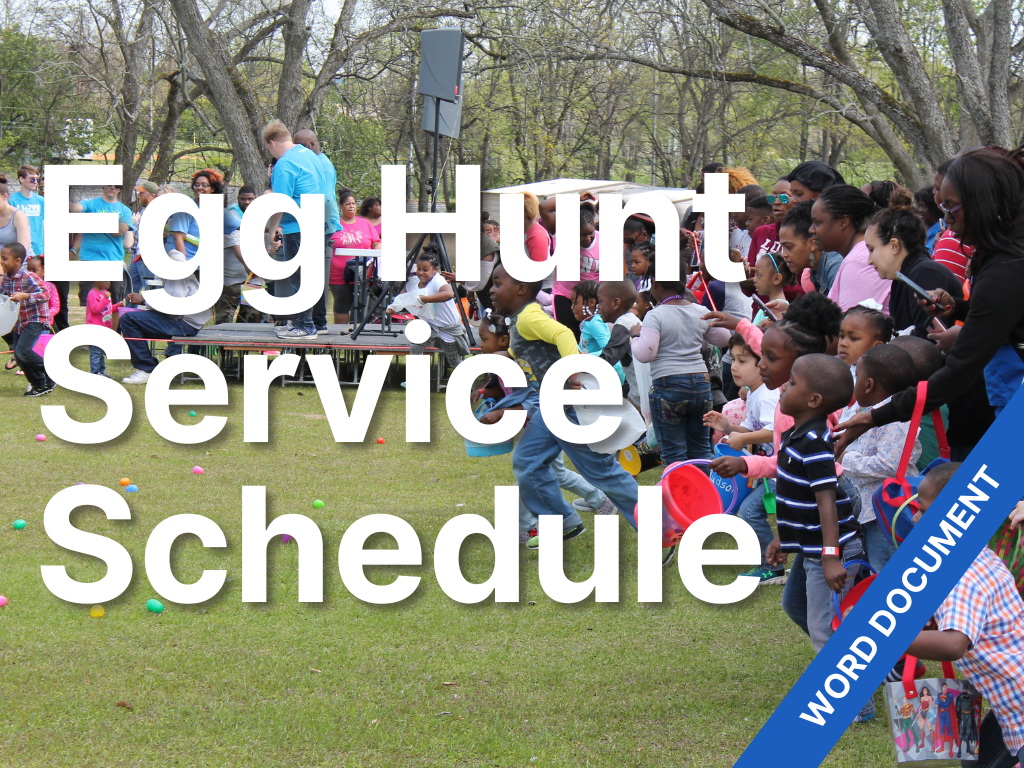



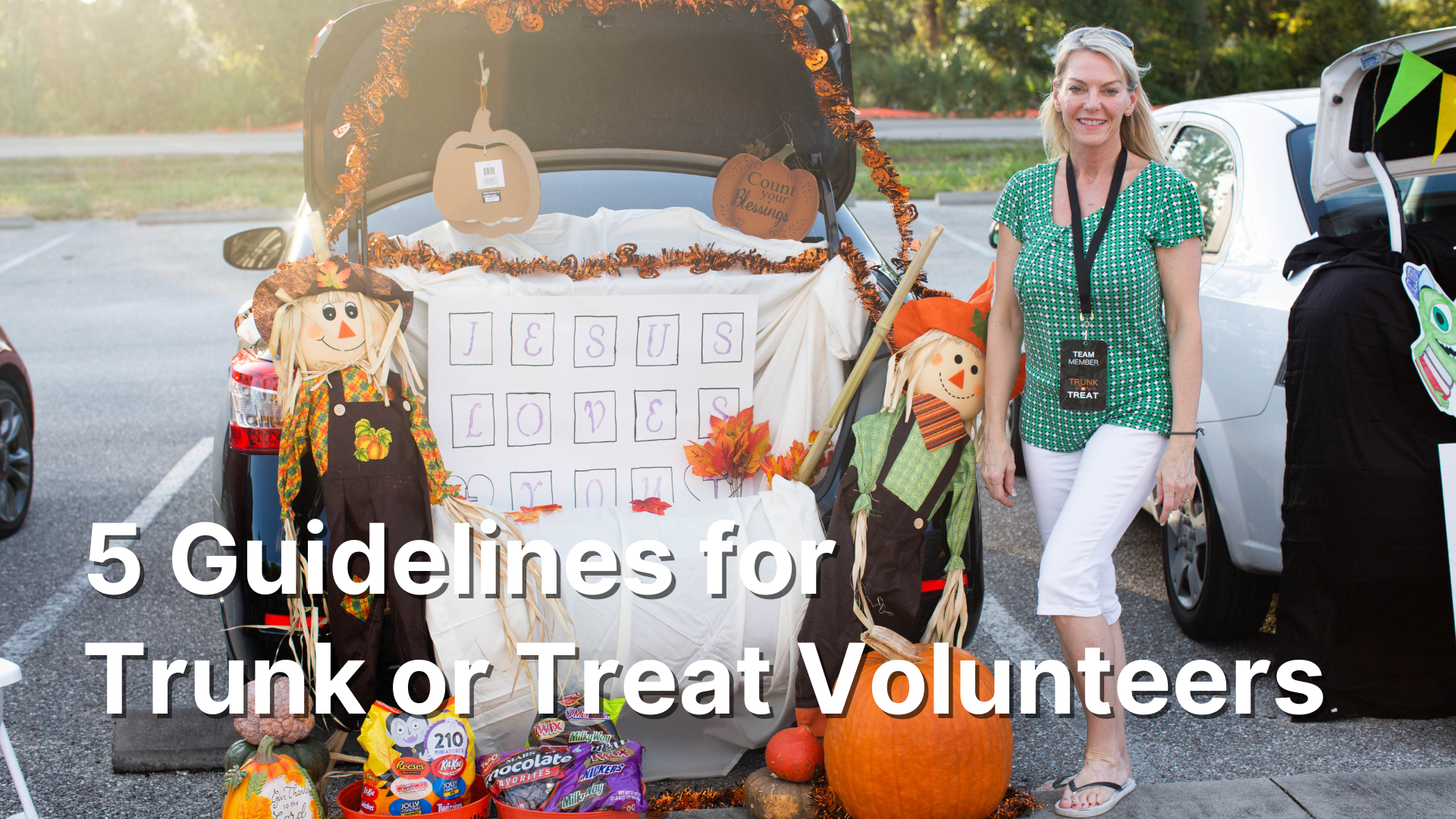
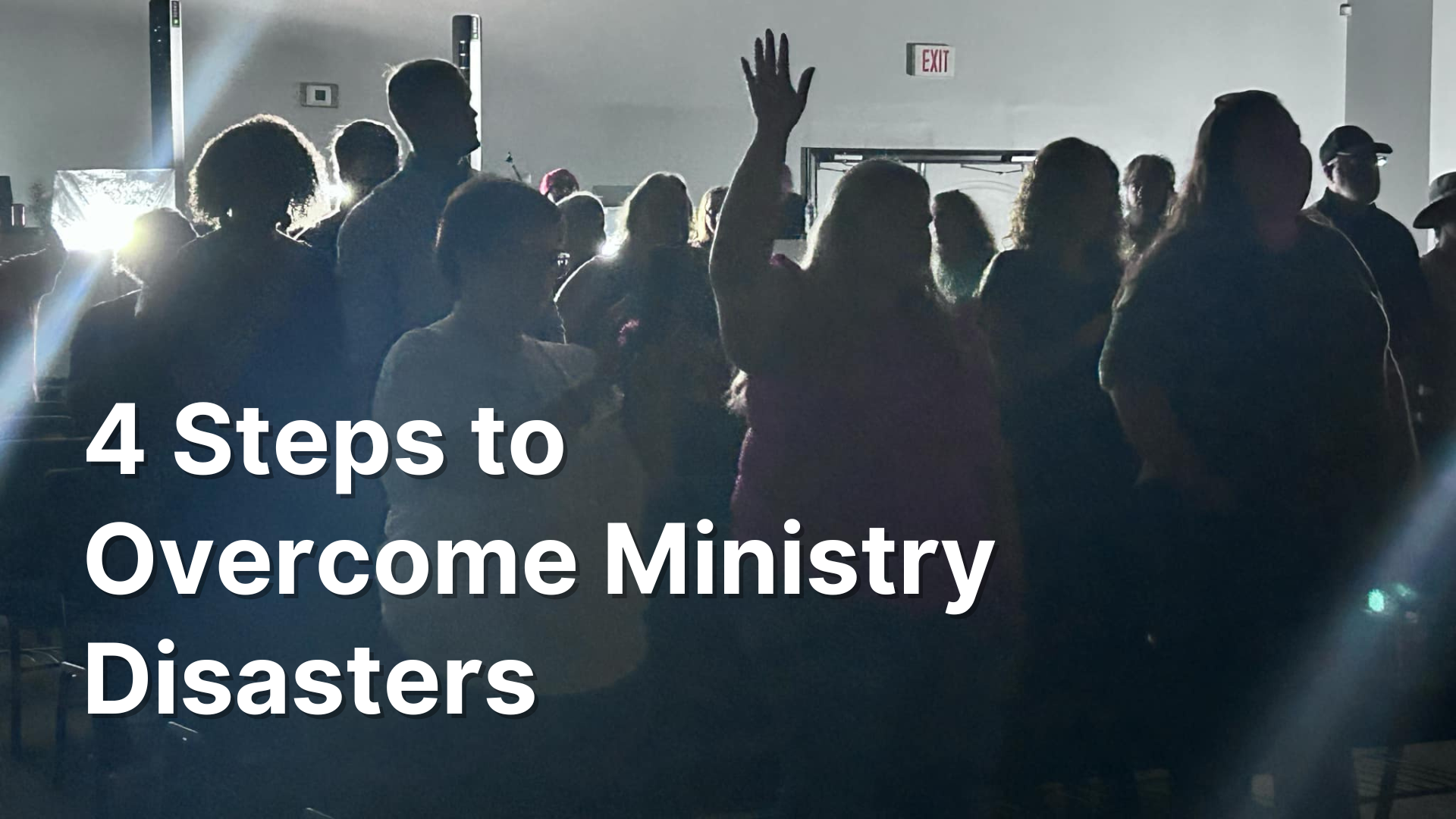
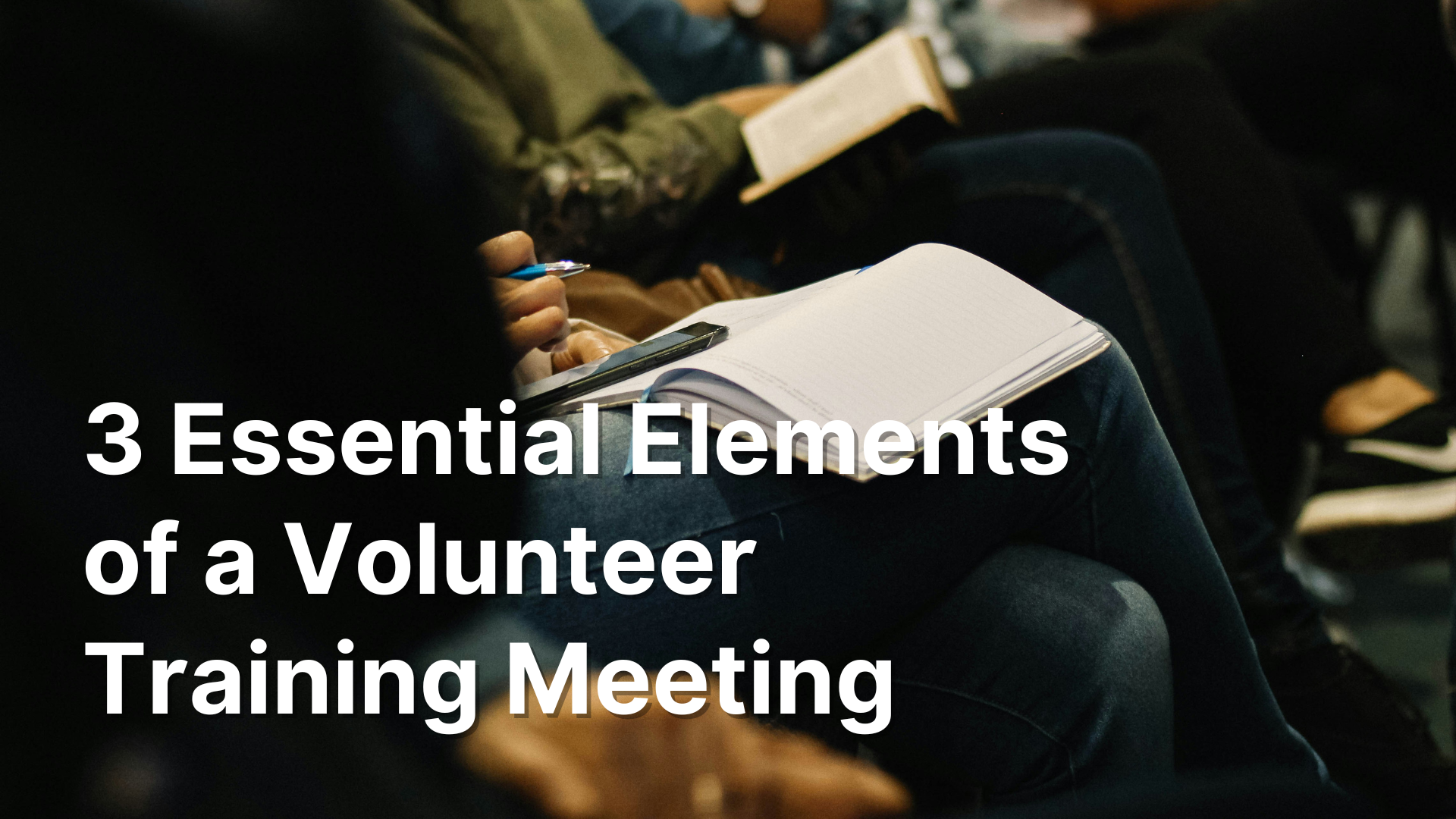
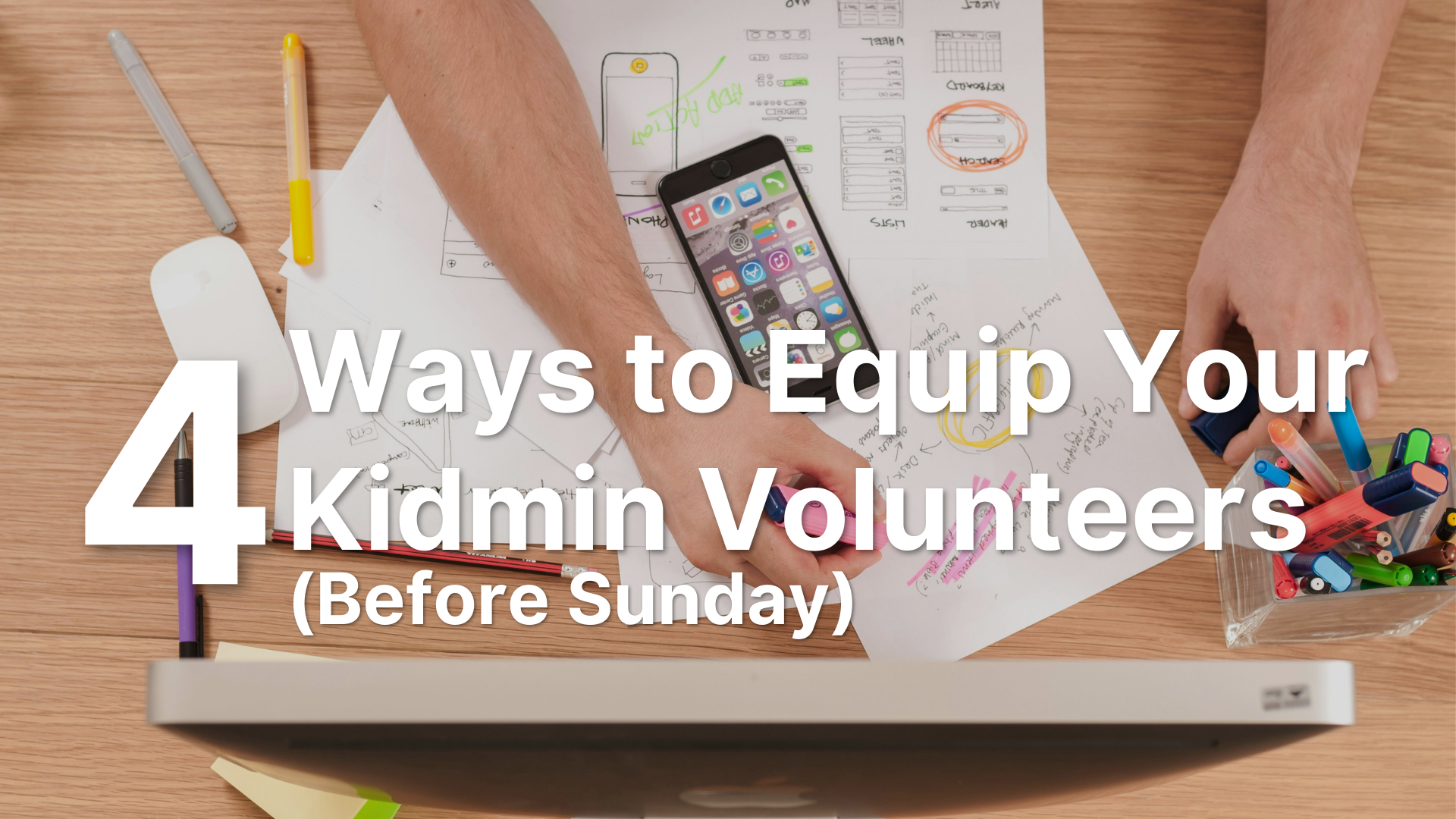
This kit gives you a kids registration card, check-in procedures, and a guest letter for parents. All of the documents use word except the registration card, which uses Photoshop.